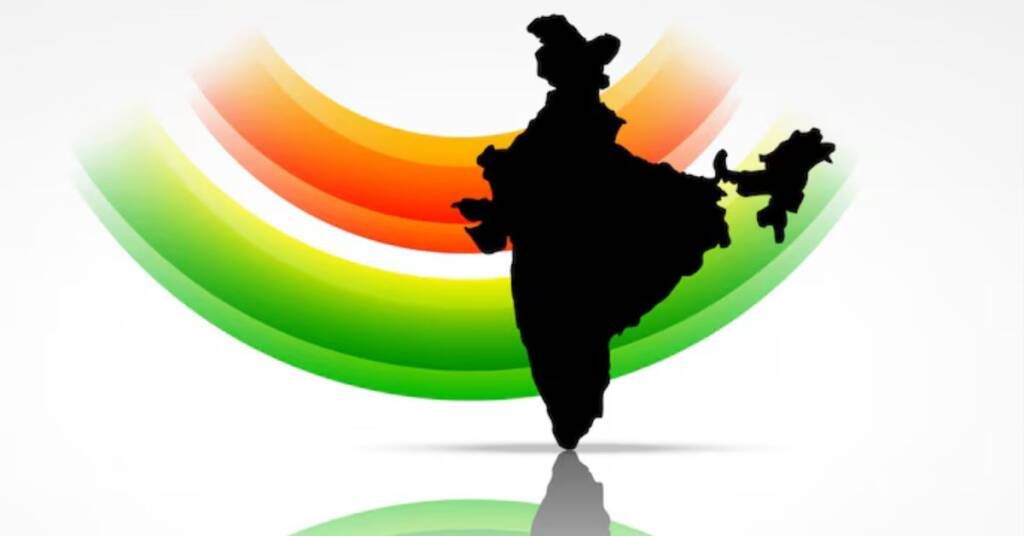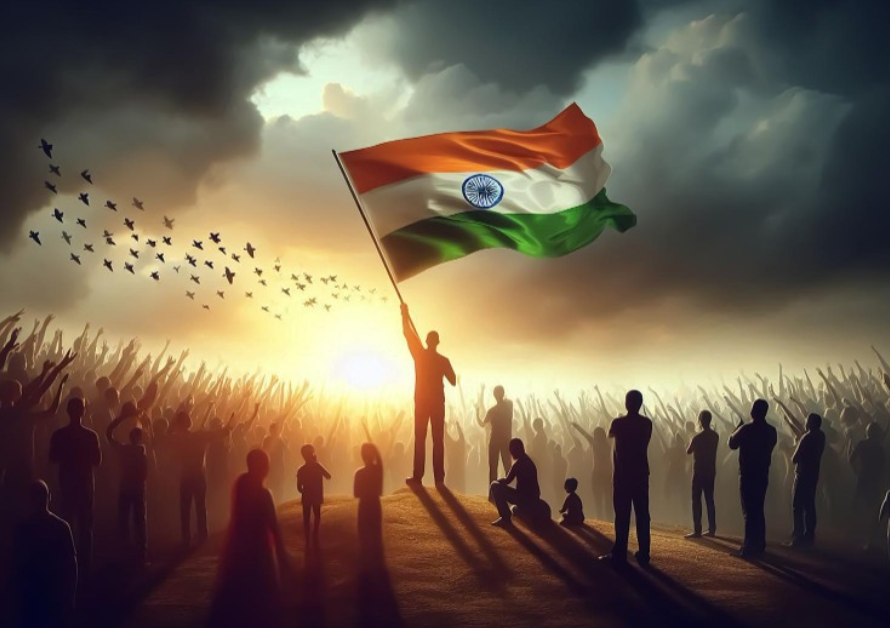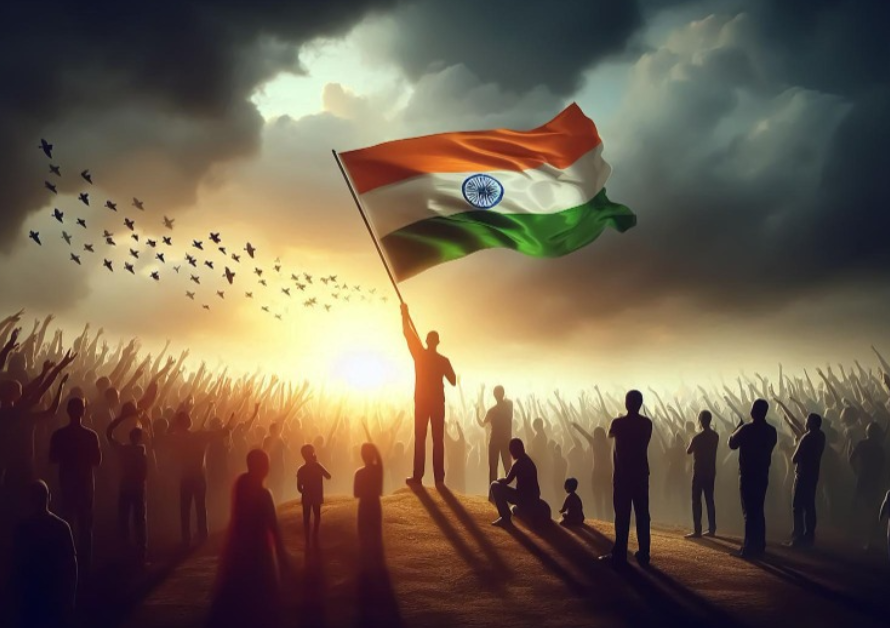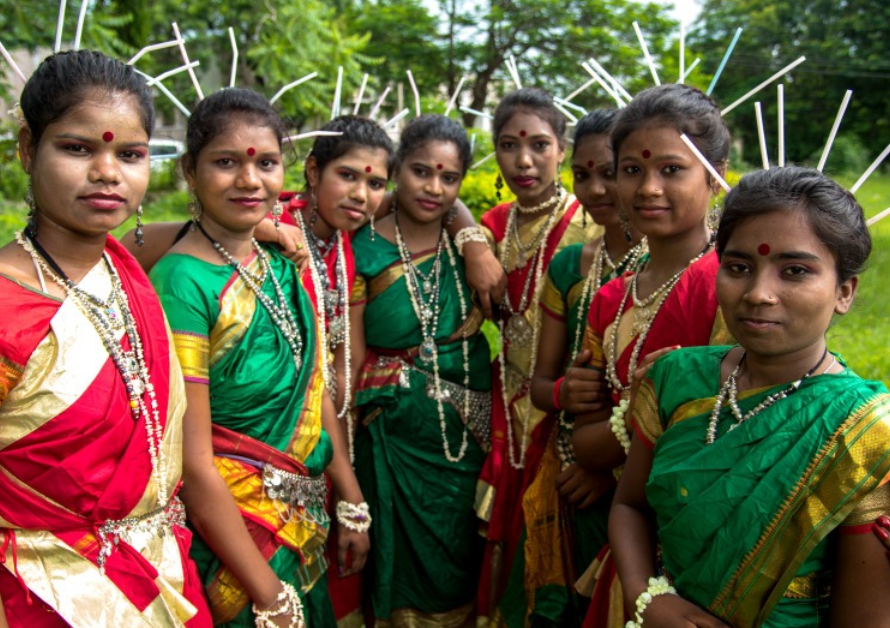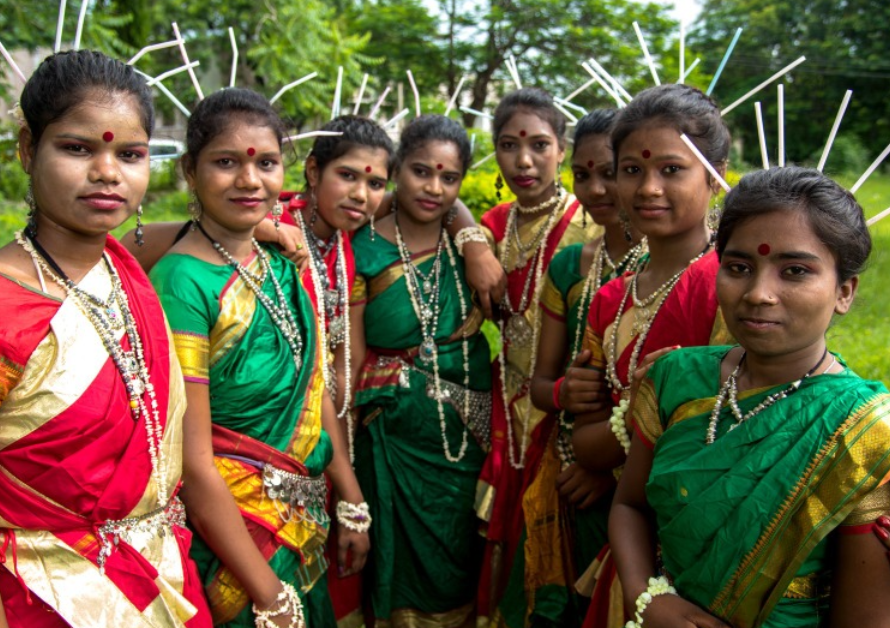India, a country with a rich history of cultural diversity, faces critical questions about its future. Should it aspire to emulate Israel’s model of resilience, self-reliance, and unity in diversity, or risk the path of nations like Lebanon, Bangladesh, and Pakistan, which grapple with internal strife, religious extremism, and weak governance? Let’s explore these paths to understand their implications.
Israel: A Model of Resilience and Progress
Israel, surrounded by hostile neighbors, stands as a beacon of determination and progress. Despite its challenges:
National Unity: Citizens from diverse backgrounds unite under a common identity, prioritizing national security and economic development.
Technological Advancement: Known as the “Start-Up Nation,” Israel leads in innovation, particularly in defense, agriculture, and technology.
Strong Defense: Its ability to protect its sovereignty while fostering a thriving democracy makes it a global example of resilience.
India, with its vast potential and democratic framework, could learn from Israel’s emphasis on:
Self-reliance in technology and defense.
National identity that transcends divisions.
A robust response to internal and external threats.
Lebanon: A Warning from History
Lebanon, once hailed as the “Switzerland of the Middle East,” was a hub of prosperity and cultural diversity. However:
Religious Extremism: The rise of extremist ideologies led to decades of civil war and instability.
Foreign Influence: External interventions exacerbated divisions, undermining national sovereignty.
Economic Collapse: Years of political mismanagement and corruption resulted in an economic crisis.
The lesson from Lebanon is clear: Ignoring divisive forces can dismantle a nation’s fabric. India must proactively address growing polarization and resist foreign interference to avoid a similar fate.
Bangladesh and Pakistan: The Cost of Religious Intolerance
Bangladesh: While showing economic progress, the country struggles with minority rights and growing radicalization. The Hindu population has declined significantly, reflecting systemic persecution.
Pakistan: A case study in state failure due to religious extremism, terrorism, and economic mismanagement. Its focus on ideology over development has led to internal decay and international isolation.
For India, these examples underline the dangers of neglecting:
Minority rights and inclusivity.
Economic priorities over ideological pursuits.
India at the Crossroads
India has the opportunity to shape its future, but the choices are stark:
The Path of Israel: A united, resilient nation that harnesses its diversity for innovation and progress.
The Path of Lebanon, Bangladesh, or Pakistan: A fragmented society where extremism, intolerance, and poor governance lead to decline.
What Can the Youth Do?
India’s youth, as the torchbearers of tomorrow, play a pivotal role:
Foster Unity: Reject divisive narratives and work towards a shared national identity.
Promote Innovation: Embrace entrepreneurship and contribute to India’s economic strength.
Defend Democracy: Actively participate in civic duties to ensure India remains a strong, inclusive democracy.
India’s future lies in its hands. By choosing the path of resilience, unity, and progress, it can ensure that it becomes a model for the world, much like Israel, rather than succumbing to the fate of nations marred by division and extremism. The question is not just what kind of country we want to live in, but also what legacy we wish to leave for future generations.

